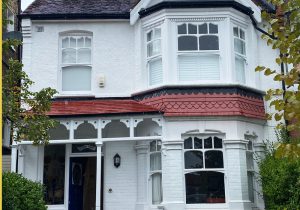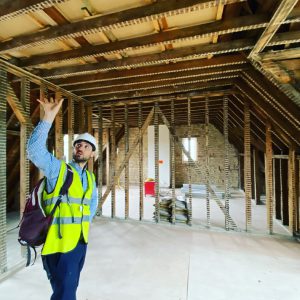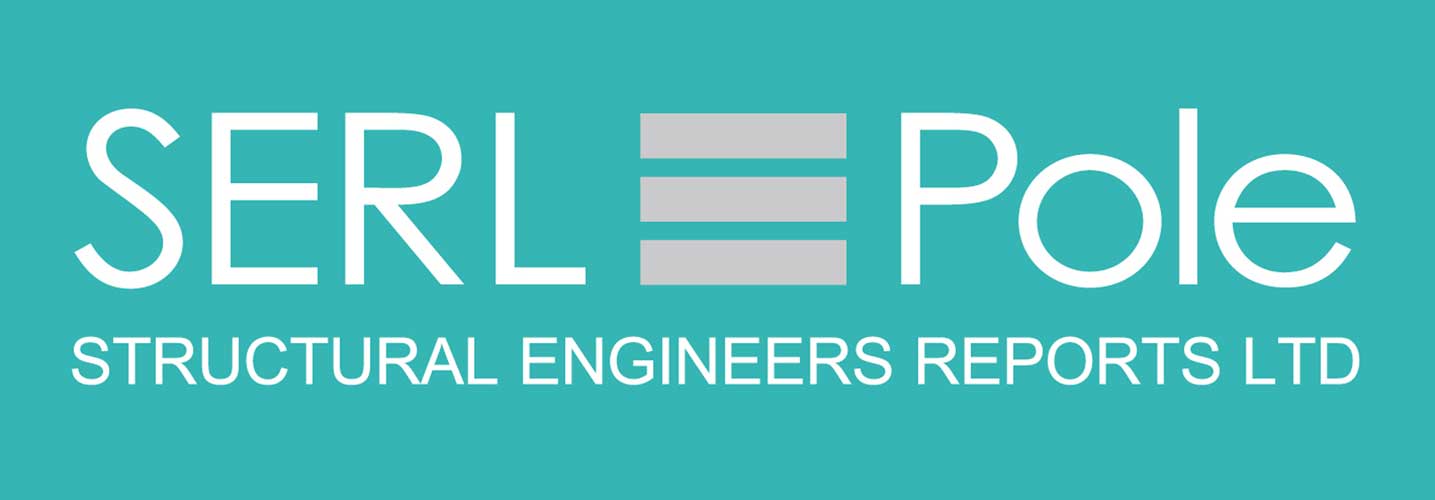
Selecting the right property professional can be confusing to both the public and many lenders and insurers. Unlike the term ‘Architect’ which is protected in law, the terms ‘Surveyor’ and ‘Engineer’ are not and can be used by anyone. So using the term Chartered Surveyor or Chartered Engineer immediately indicates a high level of professionalism and competence ensured by the various institutions for each profession.
The following descriptions are useful whether buying and selling, or carrying out building work for residential properties.
Chartered or General Practice Surveyor
This type of surveyor will have a broad knowledge of property and a general understanding of buildings and construction. They will undertake one of the following three main types of pre-purchase home survey or report which may include a valuation for mortgage purposes:
RICS level 1 Home Survey – for a conventional property, in reasonable condition, it includes a visual inspection and a simple traffic light system of reporting on condition but excluding advice on repairs and ongoing maintenance.
RICS level 2 Home Survey – an intermediate survey, involving more extensive inspection and reporting for conventional construction in reasonable condition, including more detailed reporting on the condition and importance of the issues raised.
RICS level 3 Home Survey – for older, larger, run down or greatly altered properties or if the purchaser is planning major works. This detailed report identifies issues of concern and probable cause, make recommendations for remedial works, and if agreed in advance, costs.
Find more guidance about RICS Home Survey Reports at the RICS (Royal Institution Of Chartered Surveyors) website.
Chartered Building Surveyor
A Chartered Building Surveyor is mostly used for commercial construction projects due to their higher level of technical skills compared to a General Practice Surveyor. They are more likely to undertake RICS level 3 Home Surveys and are sometimes involved in specification and design work, supervision, and arrangement of building works. And they would not normally advise on valuation. A Building Surveyor may also undertake further investigations of defects uncovered during the various RICS surveys, of a non-structural nature such as water ingress problems.
Quantity Surveyor
A Quantity Surveyor is an accountant of the building industry and specialises in providing independent costing advice for building works and repairs and requires technical drawings and specifications to price accurately.
 Chartered Structural Engineer with CEng MIStructE qualifications
Chartered Structural Engineer with CEng MIStructE qualifications
A qualified Chartered Structural Engineer is the best person to appraise any sort of structural problems such as cracking, movement, or issues with floors, roofs, or bulging walls. CEng stands for Chartered Engineer, and MIStructE stands for Member of the Institution of Civil Engineers.
A Structural Engineer’s expertise is important so always use a properly qualified one with relevant experience and who has the right skills and knowledge for the project. For example, a bridge or motorway design engineer will not be as knowledgeable about residential properties.
Chartered Civil Engineer with CEng MICE qualifications
Some qualified Civil Engineers have diversified into small-scale residential design and occasionally carry out residential reports. However, this isn’t commonplace, as most lenders and insurers stipulate the MIStructE qualification. So, again, only use a Chartered Civil Engineer who has plenty of experience in residential properties on their CV.
Get in touch with us at Pole for help and advice.




